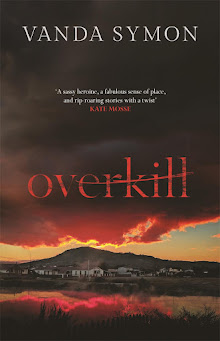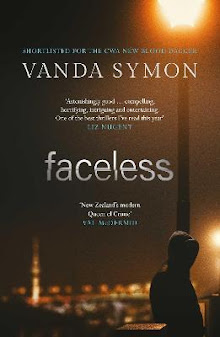
Self-editing for Fiction Writers by Renni Brown and Dave King.
Let's face it, editing can be tiresome, but it is the one thing we do as writers that can make a huge difference to the readability of our manuscript, and the chances of getting published. This was the first book I brought on editing, and I found it immensely useful. In my first manuscript draft it helped my to reduce the -ly adverbs, and to get rid of the dreaded ingly!
Bird by Bird by Anne Lamott.

A friend recommended this book, and thank heavens. It came at a time when my head was full of self-destructive chatter and self doubt, and Anne Lamott made me realise, well actually, most of us suffer from this, and how to calm the hyperactive head, get the self doubt into some kind of order, and just crack on with it.

The 3 A.M. Epiphany by Brian Kitely.
This was a book I picked up at the University Book Shop, and I was drawn to the title because I am often up at 3 A.M. and the thought of some kind of epiphany was most welcome. The book is subtitled 'Uncommon writing exercises that transform your fiction' and it is chocka with all sorts of interesting things. I have never actually sat down with a pen and done one of the writing exercises, but I look at them, and they stimulate my thoughts and have lead me to think of scenes and situations in a different way.
 Writing Mysteries. Edited by Sue Grafton with Jan Burke and Barry Zeman.
Writing Mysteries. Edited by Sue Grafton with Jan Burke and Barry Zeman.The reason I use this book as a particular example is that I own a number of books on writing mysteries and crime writing, but the ones I love the most are books like this that have a chapter or subject done by a different writer. In this one there are contributions by the likes of Michael Connelly, Tess Gerritsen, The Kellermans and Sara Paretsky. So I find it fascinating and useful to have a well established and highly esteemed crime writers view on a particular subject. Also, to be brutally honest, sometimes I have the attention span of a gnat, and these books, with a different voice each chapter keep me interested.
The other thing I do like, particularly in this day and age of digital this and on-line that is a good, huge old fashioned thesaurus. I can waste hours happily looking at synonyms, and I'm the kind of person who likes to flick pages and see things in proper print. My Oxford Dictionary Thesaurus is my friend.
So there you go - hope it's useful









5 comments:
Writing Mysteries sounds really good, with information from so many successful writers all in one book. I wonder if there is a chapter on the most important ingredients for success, luck [and hard work of course].
Vanda - You've got some good reads there! I must look for that self-editing one, and the Grafton one. Anything one can do to make oneself a better writer is worth checking out.
Cool. I have the first two and wouldn't mind the Grafton one. Thanks.
The Writing Mysteries is good. Somehow it carries more weight when the contributors are hugely successful in their field!
What is 'the dreaded ingly'?
Post a Comment